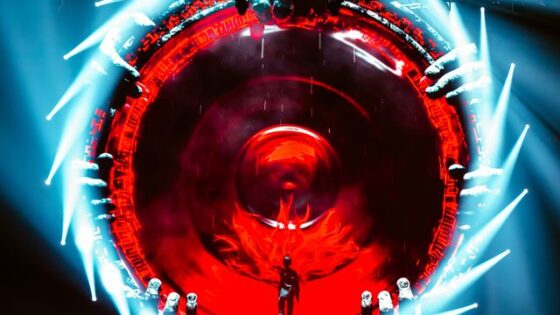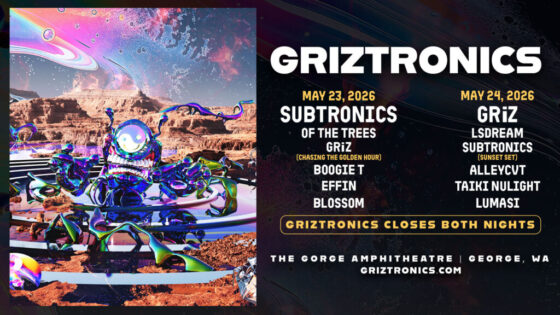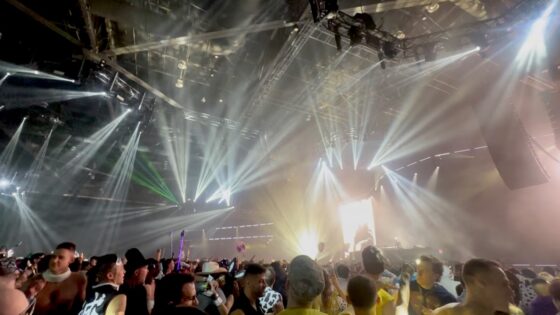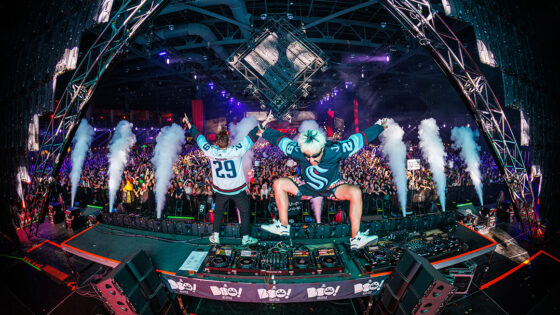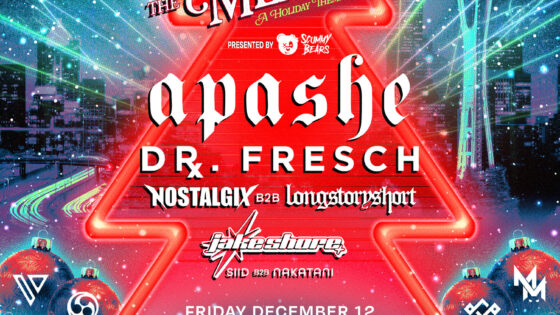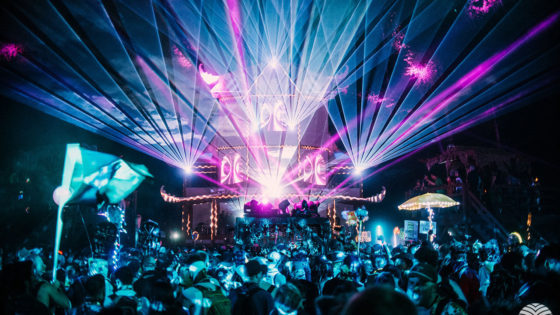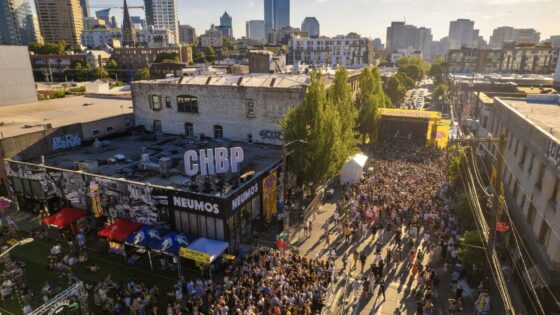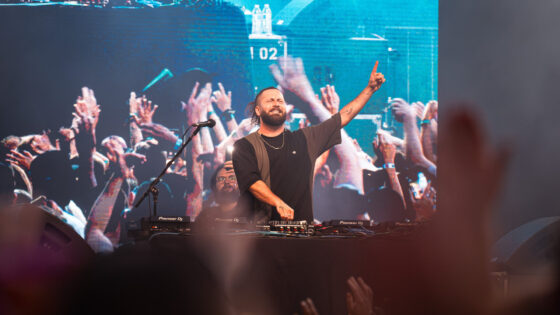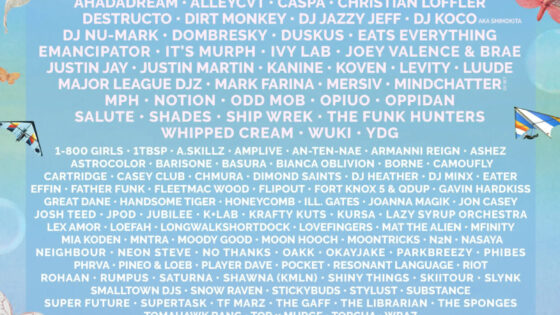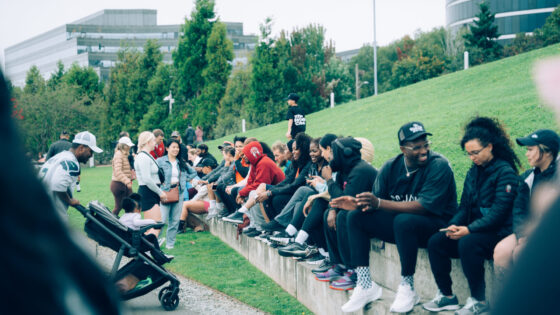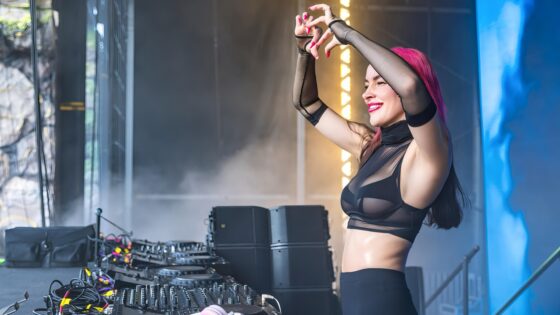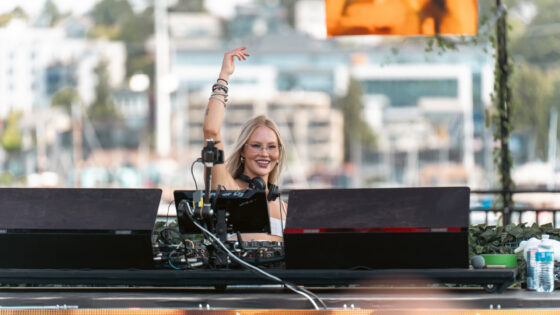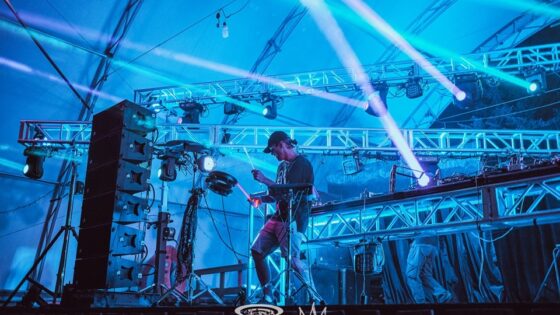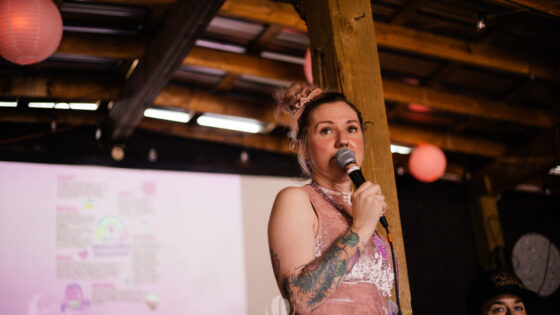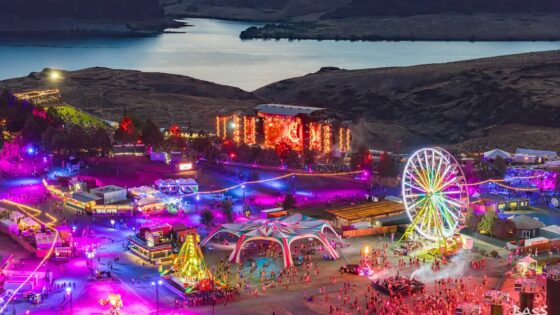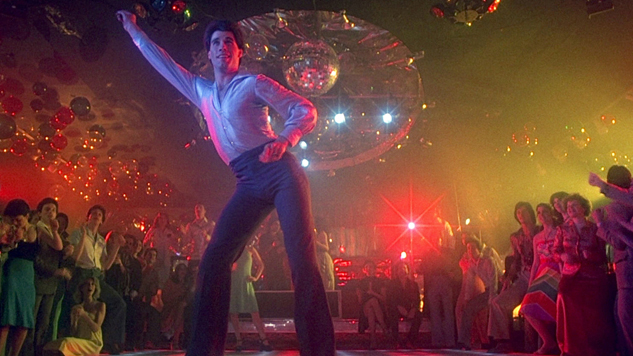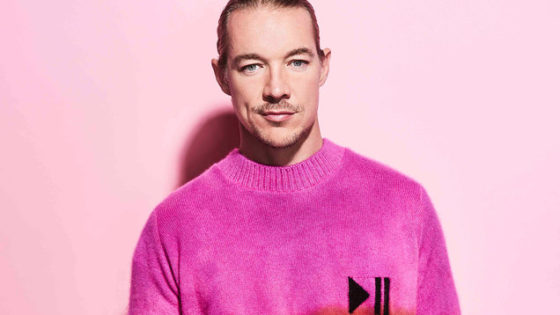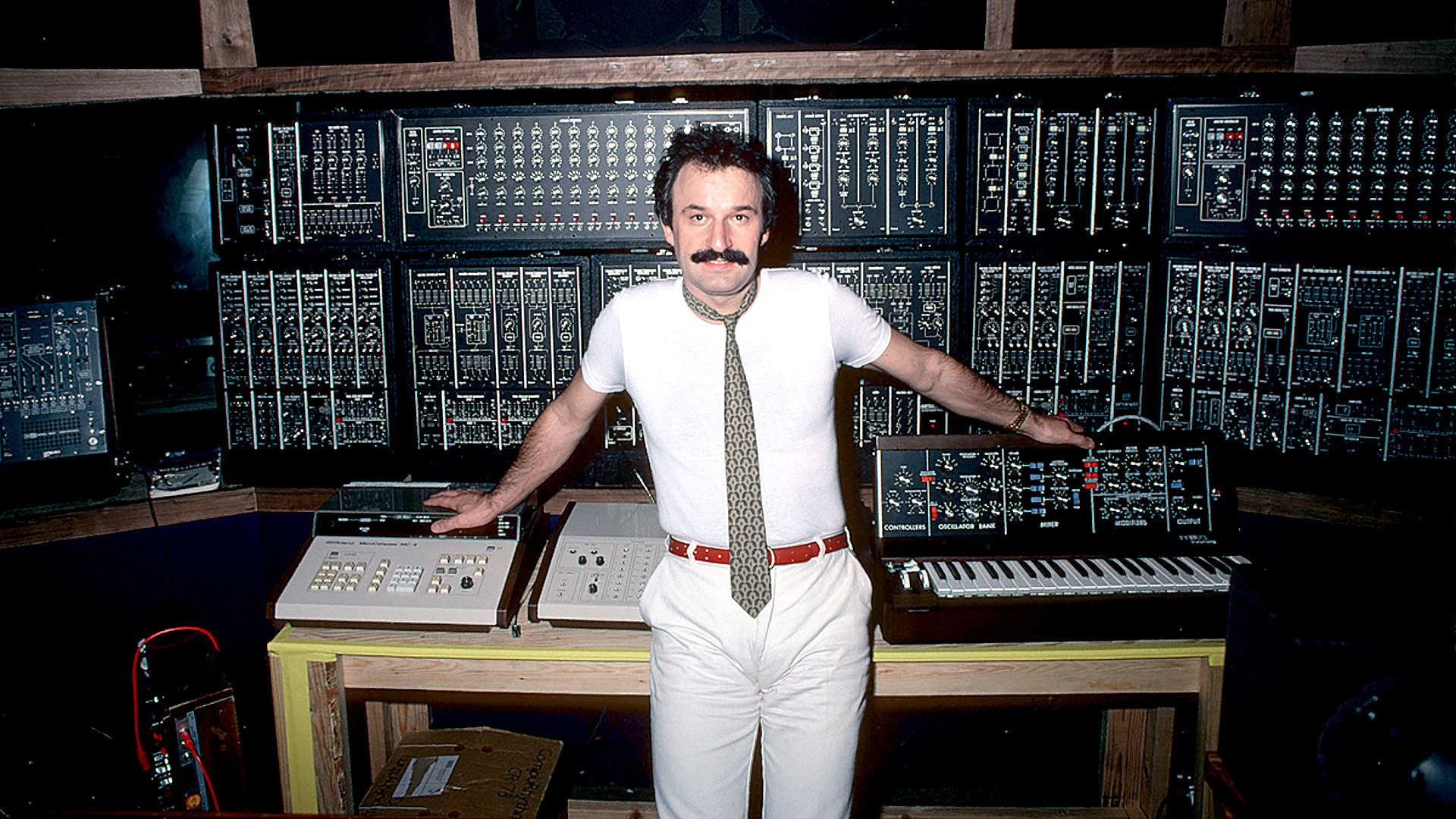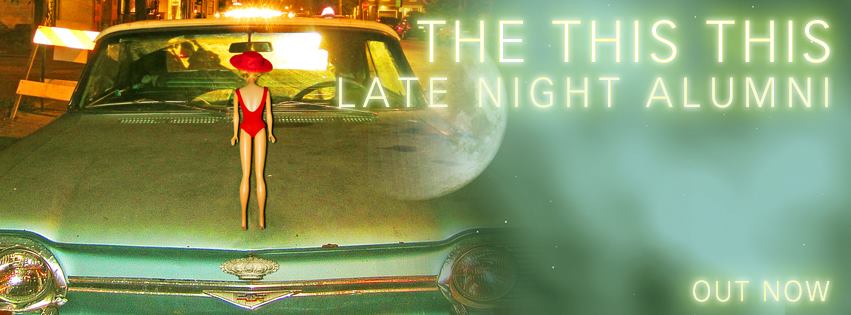Disco didn’t develop with the intention to be a lasting genre that developed and changed with the ages. No, disco evolved with the sheer purpose of rebellion and endured the test of time with an ass-kicking attitude. With it’s kitschy sounds and bouncy melodies, disco isn’t the number one choice you’d think of when trying to think of anthems of revolution, but the history of this storied genre is one of counter culture, and even great pain.
It didn’t come from just one idea, or one originator. Instead, disco grew from many different communities and ideas, but before anything else, it was a New York institution. A driving and important force in this uprising was DJ/producer Nicky Siano, the founder of The Gallery in Manhattan, where stars like Grace Jones debuted. Disco emerged from a need for inclusion and love, and the early music reflected that.
“In the beginning, all the songs were about spreading love, getting together, making the world a better place.” – Nicky Siano, BBC
It was also an important and major turning point for the LGBTQIA+ community. Acts like The Village People brought a campy, macho gay group into the mainstream; Gloria Gaynor’s massive hit I Will Survive became a widely adopted anthem by the community for strength and courage, and Donna Summer and Giorgio Moroder brought disco to the forefront of the musical world.
Rock fans, who did not take kindly to this new and different style of music, often organized record burning parties and spread the “disco sucks” message, causing the divide to turn violent at times. This was truly the opposite of what disco represented.
Beyond the subset of people who hated disco, there was a larger, louder group who loved it and was not afraid to show it. The heart of this was the legendary Studio 54, where the party never stopped. Often star-studded and always bursting with disco grooves, it became a haven for New York nightlife and a place where you could truly be yourself. This wild and free attitude became a staple of the disco scene, and continued on even today.
Disco’s influence on modern electronic music and the EDM scene is undeniable. Everything important that started electronic music evolved through disco.
[quote]“Disco was probably the first music specifically made for club sound systems. The idea of it being about pleasure, celebrating your youthfulness, your sexuality, chimed with the club environment. When you hear this music, that’s still what you picture a dancefloor should be.” – Bill Brewster – DJ History/BBC[/quote]
The 1990s brought forth a resurgence in the disco sound as electronic music becoming increasingly popular, with club records heavily sampling 70s labels like Salsoul. That trend continues even into today, with producers like Oliver and Todd Terje pumping out disco tinged house music for the past couple of years, really keeping that vibe alive. Now, many younger producers are starting to follow suit. We’re thinking disco is about to break out for a third time.
When you look back and compare the modern scene to the Studio 54 days, not much has changed. Sure the music is different, but the love and the energy is still the cornerstone of the electronic music community and the music festival experience. The same love, rebellion, and a rejection of societal norms, at least for a weekend or two, is one of the things that makes this community so special. We owe a lot to disco, and not just musically.
Do you think disco will make a comeback? Which of your favorite artists are still playing some of that old school sound? Share your thoughts in the comments!
Important things happen in Pacific Northwest nightlife, and DMNW will send you alerts!

